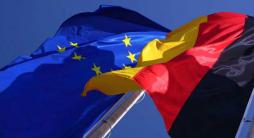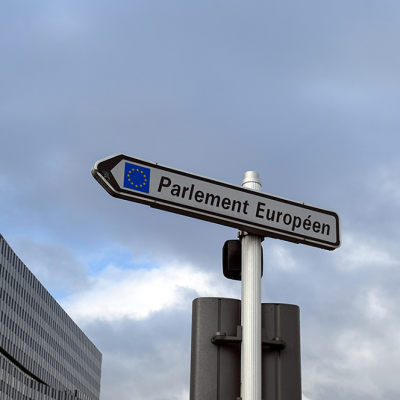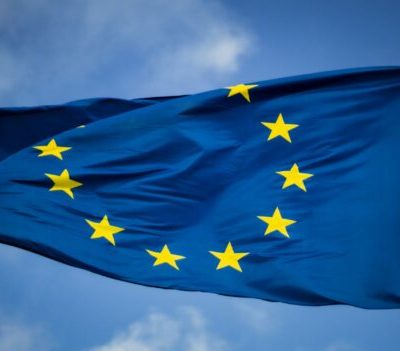A driving force despite everything, Franco-German relations and the Enlarged European Union
Analysing two points (security & defence, economic and monetary governance), the author asserts that France’s and Germany’s influence will go on as much as both countries integrate other partners in their common projects.

Which Forces will drive the European Union in the coming years? We must speak multiple forces, not a single force. In a structure as complex as that of the European Union, a solitary leadership role is unthinkable. It is a tricky question: the easy situation that existed during the first three decades of European construction – a dominant French-German coalition, the Commission as a well-known institutional arbitrator – has been succeeded by a more complex scenario. There is a large number of candidates. The role of the Commission is often questioned – more or less openly – and the diversity of national interests make the task of finding a balance within the Council of the European Union more difficult. It is easy to find recent examples – the Iraq crisis or selecting the President of the Commission – to show that France and Germany cannot automatically expect other members to concur with their decisions. It is almost impossible to find a convergence of ideas or of interests that comes close to the authority and symbolic force represented by Franco-German bilateralism. But how can its former efficiency be revived? This is the central question of Martin Koopmann’s study which focuses on two significant areas: co-operation in the field of security and defence, and propositions concerning economic and monetary governance. France and Germany have had considerable influence on these areas which continue to be of major importance. The conclusions the author draws from the successful and failed attempts of the past two years should be considered. The first one concerns the necessity to integrate basic European assumptions: France and Germany’s influence will be greater if efforts are made to find partners for their initiatives. The second concerns the organization of French-German co-operation. These should not be structures limited to the two countries but should impact major European policy decisions. If France and Germany succeed in defining projects that encompass the interests of the entire Union – as in the past – there may be a right future for the Franco-German “driving-force”.




